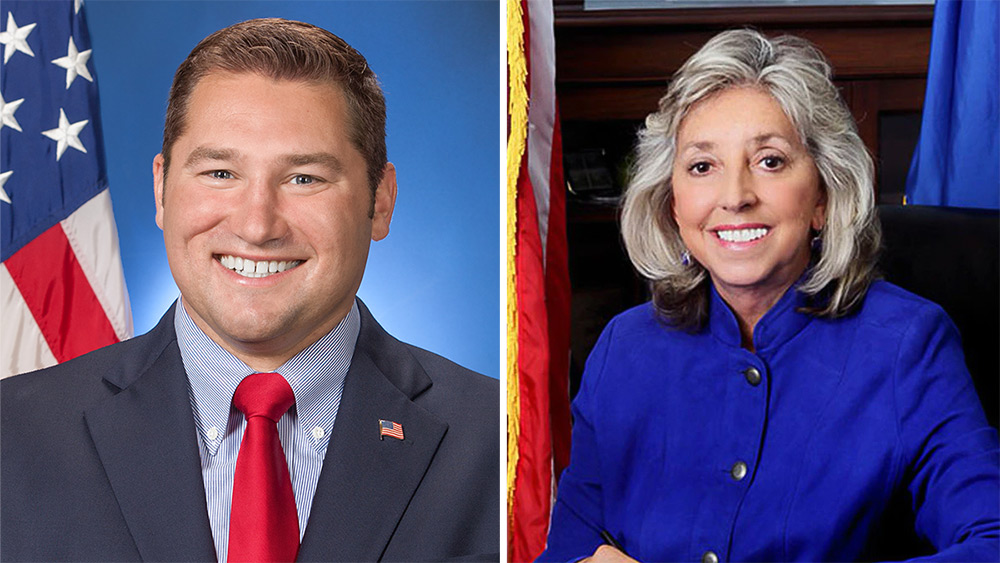U.S. bipartisan legislation was introduced Thursday by Congressional Gaming Caucus Co-Chairs Reps. Dina Titus (a Nevada Democrat) and Guy Reschenthaler (a Pennsylvania Republican) to raise the slot tax threshold to $5,000 and provide a mechanism for future increases based on inflation. The bill was praised by the American Gaming Association (AGA).
The new legislation would benefit casinos, as they would need to take fewer slot machines out of service temporarily while tax forms are filled out for winning patrons. It also would prevent more slot jackpot winners from having their winnings reported to the U.S. government’s Internal Revenue Service (IRS).
The trade body explained in a release that the current $1,200 slot tax threshold has not been adjusted for inflation since 1977, causing a “dramatic increase” in the number of slot jackpots casinos and their customers must report to the IRS.
“Increasing the slot tax threshold to account for inflation is a long overdue change that will alleviate unnecessary administrative burdens on casino operators, their customers and an understaffed and overwhelmed IRS,” said AGA President and CEO Bill Miller.
AGA said this legislation builds on efforts by the trade body and Congressional Gaming Caucus that led to Congress directing the U.S. Department of the Treasury to investigate the possibility of updating the slot tax threshold through regulation. Treasury has not yet submitted that report to Congress, according to the AGA.
According to U.S. federal regulation, when a casino patron wins a slot machine jackpot of $1,200 or more, the machine is temporarily taken out of service while the patron is required to complete a W-2G tax reporting form. While slot jackpots have steadily increased with inflation over the past several decades, the $1,200 threshold that triggers the issuance of tax forms has remained static since Congress established it in 1977. When adjusted for inflation, a $1,200 jackpot in 1977 would be equivalent to more than $5,000 today.
— American Gaming Association (@AmericanGaming) March 3, 2022
“Because the threshold hasn’t tracked with inflation, there has been a significant increase in the number of reportable jackpots, causing more operational inefficiencies for casino operators and adding to the sea of W-2G forms flooding the IRS each year,” the AGA noted.
“Today’s legislation provides Congress a direct path to modernize the slot reporting threshold,” continued Miller. “We look forward to continuing to work with these bipartisan leaders on Capitol Hill to address outdated regulations that impact our industry.”
The legislation is cosponsored by Reps. Mark Amodei (R-NV), Anthony Brown (D-MD) and Steven Horsford (D-NV).



